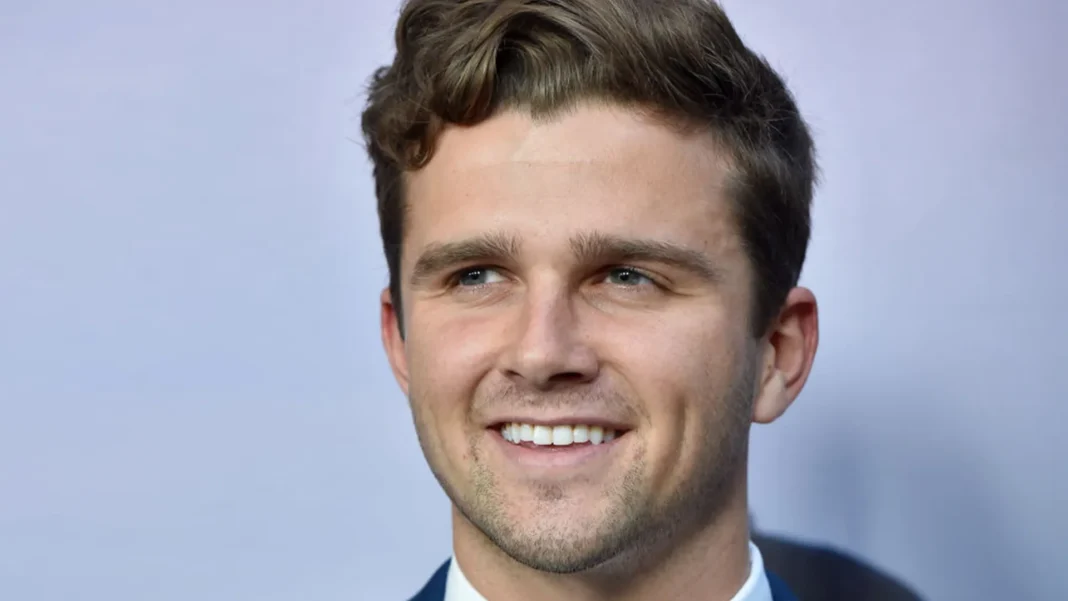Jackson Hinkle, a U.S.-based political commentator, recently visited Karbala, Iraq. The city holds deep historical and cultural importance. It is famous for the 7th-century Battle of Karbala, which resonates widely in Islamic history. Millions of visitors travel there each year to honor Imam Hussain and his companions.
During his visit, Jackson Hinkle explored major landmarks linked to the battle. He observed religious sites and engaged with local residents. His trip attracted attention due to his polarizing reputation in Western media. Moreover, Hinkle has voiced strong political opinions, particularly supporting pro-Russia stances on global issues.
In addition, Jackson Hinkle frequently criticizes U.S. foreign policy. He also openly opposes Israel, aligning with the Palestinian cause. Such positions have resulted in bans from platforms like YouTube. Despite this, Hinkle remains active on X, formerly Twitter. There, he shares opinions and commentary to a wide audience.
Observers noted that his visit to Karbala sparked discussions online. Many debated the implications of his presence in a sensitive cultural area. Supporters praised his willingness to engage directly with international issues. Conversely, critics argued the trip was provocative and controversial.
Furthermore, Jackson Hinkle’s visit highlights the intersection of politics and religion in global discourse. It demonstrates how individual figures can influence conversations far beyond their home countries. Consequently, media outlets closely followed his itinerary and interactions.
Hinkle’s activities in Iraq reflect his ongoing commitment to expressing unfiltered opinions. He met with locals and explored cultural landmarks, showing curiosity about the region’s history. For Hinkle, the visit reinforced his global political perspective while drawing scrutiny from both supporters and detractors.
Ultimately, Jackson Hinkle’s Karbala trip underscores his controversial presence in international political debates. While some view him as a bold commentator, others see him as a divisive figure. Regardless, his visit attracted widespread attention and fueled conversations across multiple platforms.



